SUFI SAINTS OF PAKISTAN: Bulleh Shah and Data Ganj Bakhash
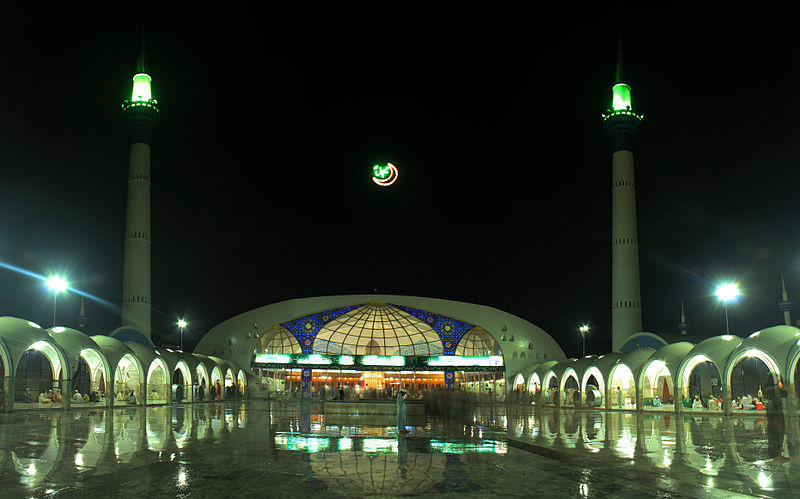
Syed Abdullah Shah Qadri (1680–1757), known popularly as Bulleh Shah (or Bullhe Shah), was a 17th-century Punjabi revolutionary philosopher, reformist, and Sufi poet universally regarded as the “Father of Punjabi Enlightenment” and the “Poet of the People.” He spoke against powerful religious, political, and social institutions. He was born in Uch Gillanian near Multan, and his family moved to Kasur. After his early education, he went to Lahore, where he met with Shah Inayat Qadri. Bulleh Shah practiced the Sufi tradition of Punjabi poetry established by poets like Shah Hussain (1538–1599), Sultan Bahu (1629–1691), and primarily employed the Kafi verse form.
CELEBRATING 32 YEARS OF UZBEKISTAN’S INDEPENDENCE: A Journey of Resilience and Progress
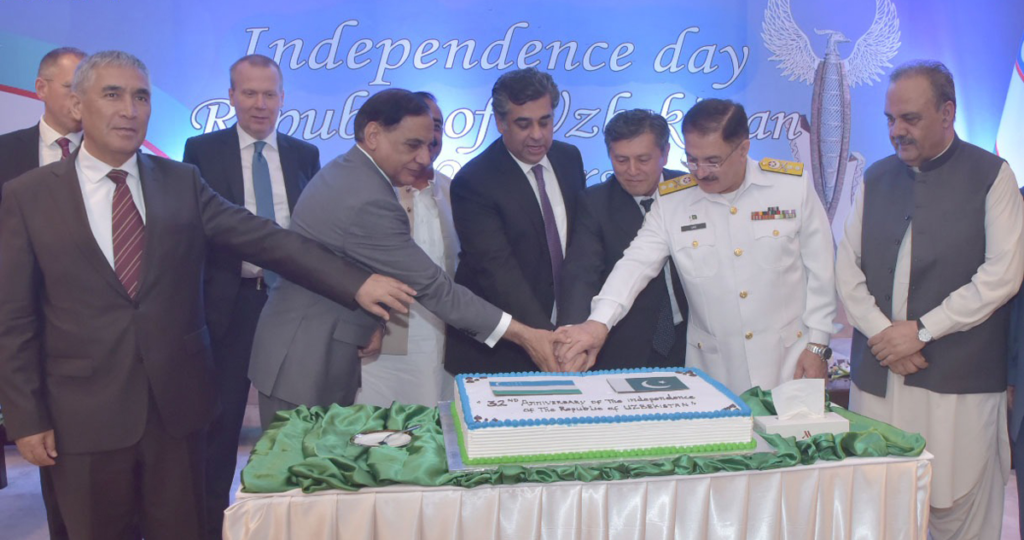
Uzbekistan, a vibrant and culturally rich nation nestled in the heart of Central Asia, commemorates its 32nd Independence Day on September 1st. This auspicious occasion marks the nation’s liberation from the shackles of the Soviet Union in 1991. As Uzbekistan proudly celebrates its journey towards freedom, it reflects on a remarkable history, diverse culture, and the challenges it has overcome.
NAVIGATING PAKISTAN’S ENERGY CRISIS: A Path to Sustainability
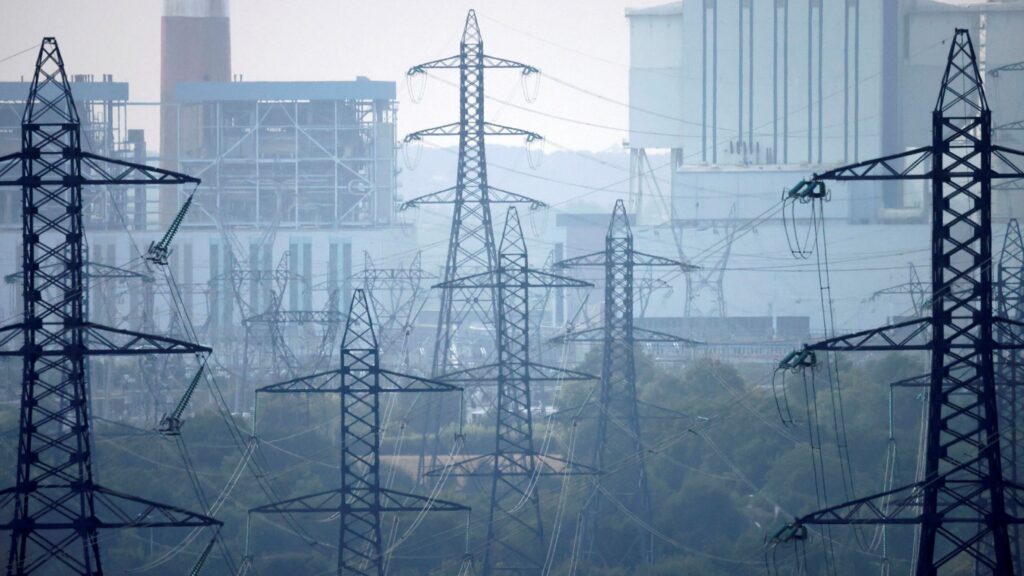
As Pakistan grapples with a recent economic crisis, one alarming reality stands out – the increasing burden of energy expenses on its citizens. Recent fiscal data indicates that energy costs now consume a significant portion of household incomes, ranging between 30% to 40%. A study reveals that a staggering 82% of households and 86% of shop owners have seen their energy bills surge by 20% to 50% between FY22 and FY23.
TECH REVOLUTION: Transforming Education in Pakistan
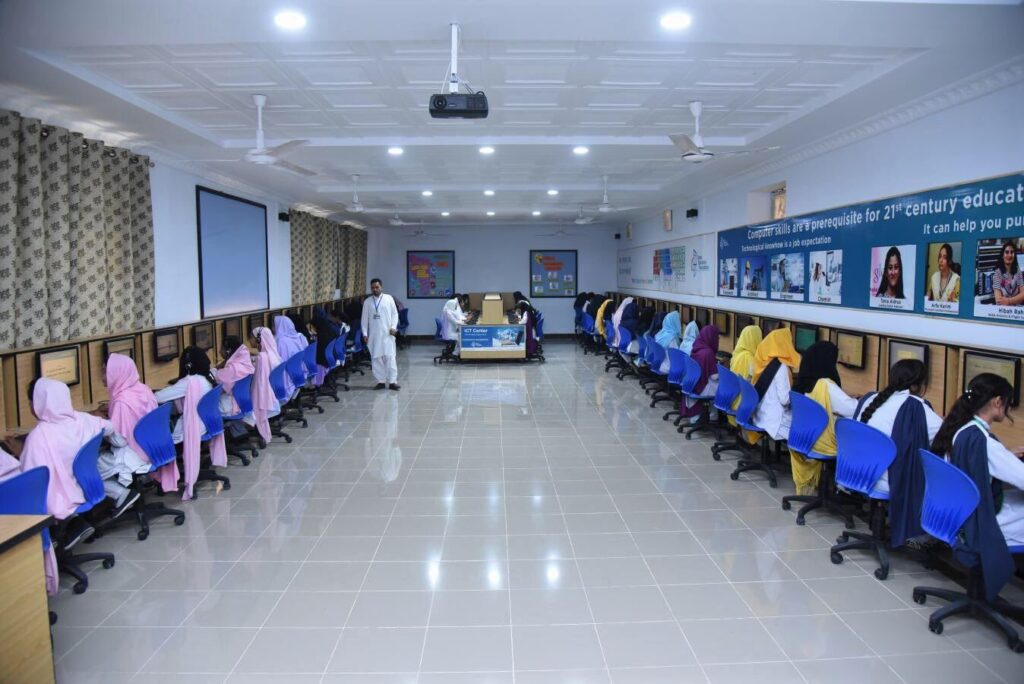
In the not-so-distant past, education was a story confined within the four walls of a classroom. It was a narrative defined by the turn of textbook pages, the sound of chalk on a blackboard, and the physical presence of a teacher. However, the digital age has ushered in a new chapter in this narrative, a chapter that tells the story of how technology is revolutionizing education on a global scale. This transformation transcends borders and traditions, and nowhere is it more evident than in Pakistan.
WORLD HUMANITARIAN DAY: #NoMatterWhat Celebrating Courage, Compassion, and Commitment
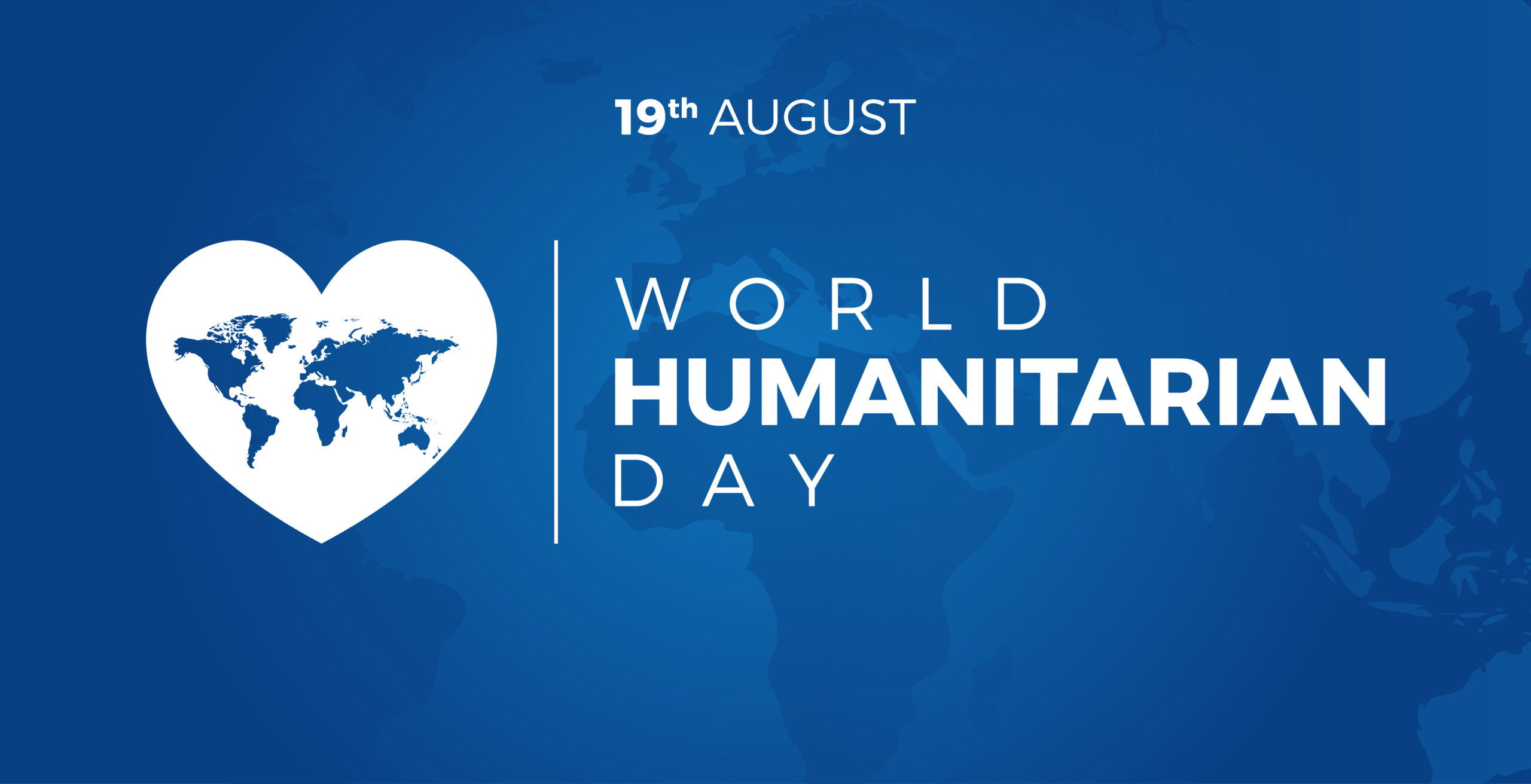
World Humanitarian Day (WHD), observed annually on 19 August, is a momentous occasion dedicated to recognizing the extraordinary efforts of humanitarian workers and their unwavering commitment to alleviating the suffering of those affected by crises around the world. This day not only honors their courage but also serves as a reminder of the challenges they face and the critical importance of humanitarian work.
PEDRR 2023: Pakistan’s Pioneering Efforts in Disaster Risk Reduction
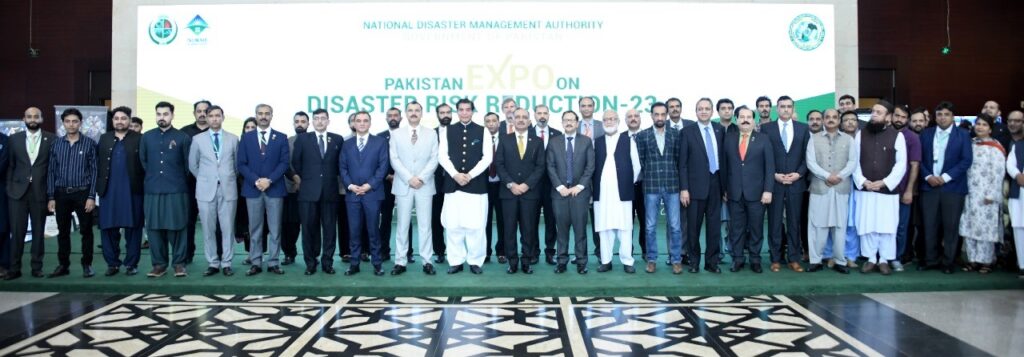
In a bid to fortify its disaster resilience efforts, Pakistan kicked off its inaugural Disaster Risk Reduction Expo (PEDRR 2023) at the Pak China Friendship Centre in Islamabad from August 16th to 18th. Organized by the National Disaster Management Authority (NDMA), this groundbreaking event has drawn global partners, UN organizations, international and domestic NGOs, military responders, private sector entities, and diplomats, all united in their pursuit of comprehensive disaster risk reduction.
SOUTH ASIA’S CALL: For Climate Diplomacy and Collaboration
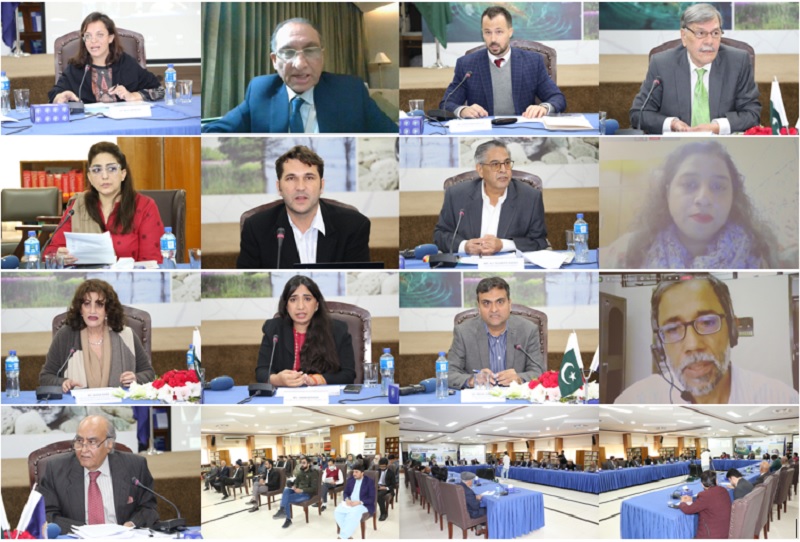
“The greatest threat to our planet is the belief that someone else will save it.” – Robert Swan
In recent years, the undeniable reality of climate change has emerged in various guises, from melting glaciers and record-breaking heatwaves to erratic rain and snow patterns. This global challenge has not spared South Asia, impacting millions and entailing significant economic costs. As South Asia confronts the escalating consequences of climate change, a shift towards cooperative diplomacy becomes paramount to mitigate and adapt to these multifaceted threats.
PAKISTAN’S BATTLE AGAINST: Extremism-Deciphering the Jaranwala Outburst
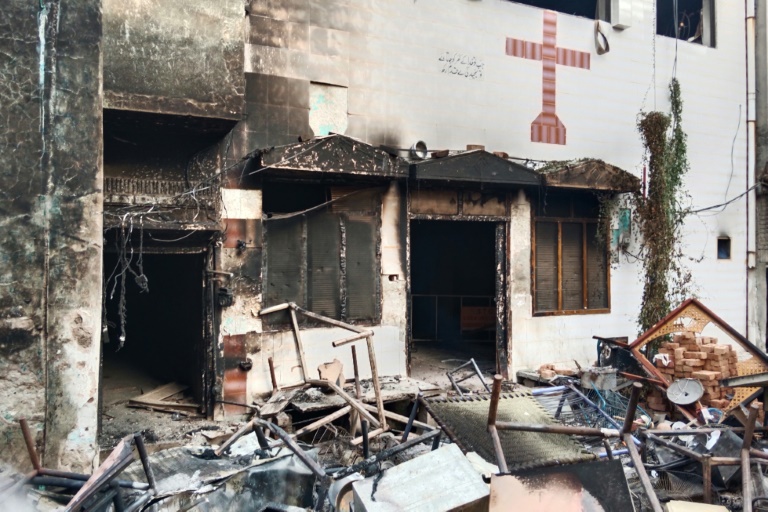
In the wake of the recent Jaranwala incident, where violent mobs targeted the Christian community over unproven blasphemy allegations, it becomes imperative to delve deeper into the root causes of extremism in Pakistan. This disturbing episode serves as a grim reminder of the escalating religious violence that is tearing at the very fabric of the nation. To comprehend the factors contributing to this alarming trend, we must examine the laws, policies, and socio-economic dynamics that have fueled religious extremism, propelling Pakistan towards a perilous path.
CARETAKER GOVERNMENT SWORN IN: Pakistan’s Path to Fair Elections
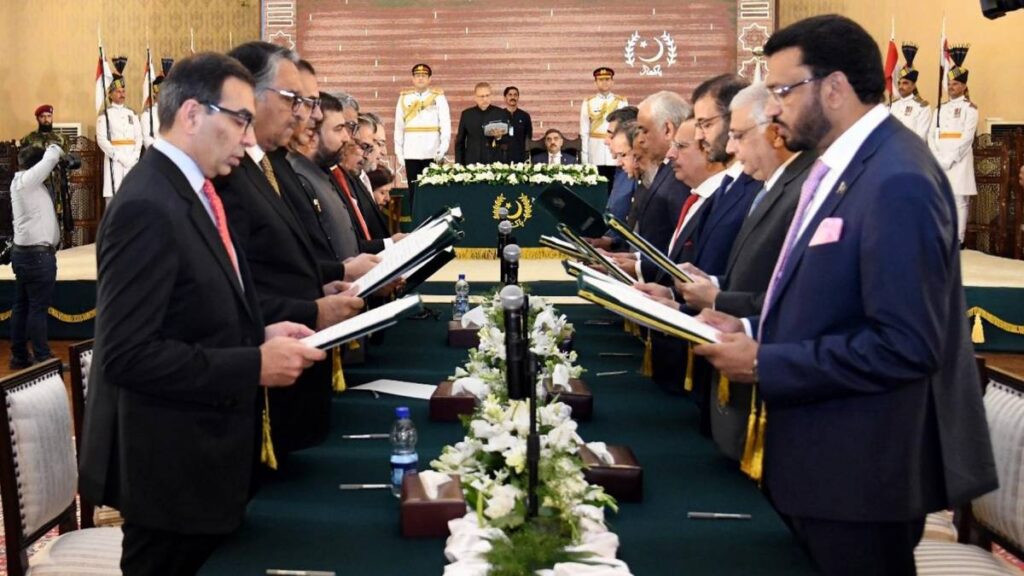
As Pakistan finds itself at a crossroads amid economic and political turmoil, the nation witnessed a significant moment in its political landscape with the swearing-in of the caretaker government. Under the leadership of Prime Minister Anwaarul Haq Kakar, an 18-member cabinet took the oath of office, marking the beginning of a crucial phase in Pakistan’s journey towards the upcoming general elections. This caretaker government assumes the formidable responsibility of guiding the country through these challenging times, ensuring a smooth and transparent transition of power. Administered by President Arif Alvi at Aiwan-e-Sadr, the presidential house, this oath-taking ceremony signifies a pivotal moment in Pakistan’s political landscape. With 16 federal ministers and 3 advisers forming the cabinet, all eyes are now on the caretaker government as it endeavors to steer Pakistan towards stability and democratic renewal.
76 YEARS OF INDEPENDENCE: Tracking the Journey of Unity, Faith, Discipline in Pakistan
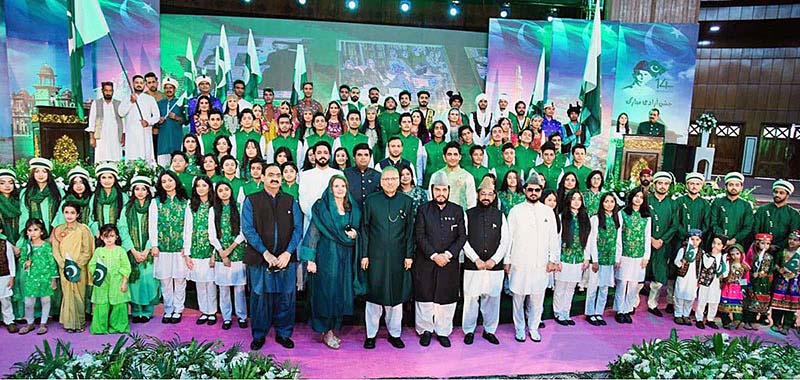
Seventy-six years have passed since Pakistan’s inception as an independent nation, guided by the visionary leadership of its founder, Quaid-e-Azam Muhammad Ali Jinnah. The principles of “Unity, Faith, Discipline” were not just mere words but a profound vision for building a strong, prosperous, and harmonious nation. This year, as Pakistan celebrates its 76th Independence Day, it is an opportune moment to reflect on whether these founding principles are still embedded in the country’s social fabric and governance. Has Pakistan managed to uphold the ideals of unity, faith, and discipline in its contemporary context?
